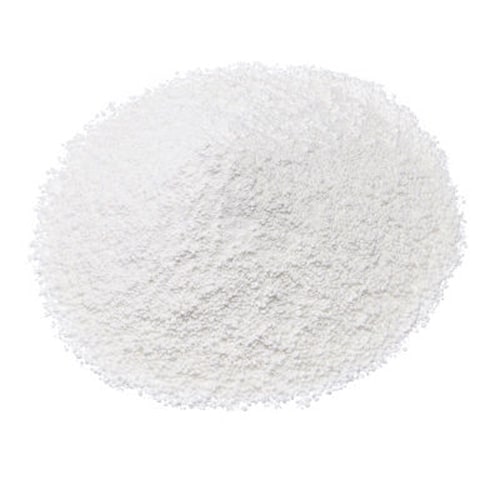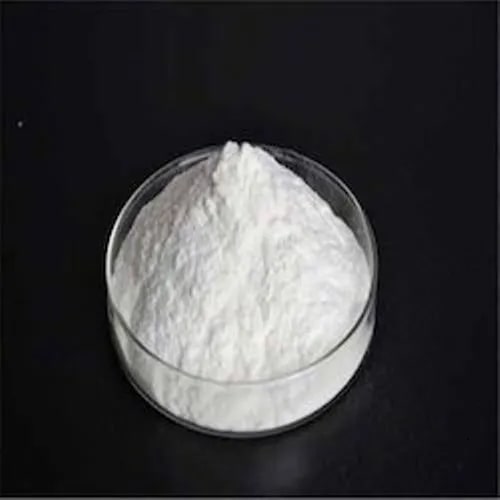A couple of months back, Merck posted a surprise win for its troubled CETP candidate anacetrapib when it hit its primary endpoint.
This was just a snapshot, and today its posted some deeper data from the so-called Reveal test at the European Society of Cardiology Congress, but questions still abound over its future.
In June, and somewhat remarkably, anacetrapib met its primary endpoint in its latest test, significantly reducing major coronary events, such as coronary death, heart attack and coronary revascularization, compared to a dummy therapy.
The test was conducted with patients that have a risk for cardiac events who are on a lipid-lowering statin, although a detailed breakdown of the numbers was not at the time given out.
This was a major turnaround for the Big Pharma, given that many in the field had written off Merck’s chances of this CETP inhibitor ever getting to market after a series of misfires in testing, and comes after many of its rivals had already given up the ghost.
Anacetrapib is designed to ward off heart attacks and strokes by blocking the protein CETP and thus boosting HDL, or "good," cholesterol. But rival programs from Pfizer, Roche and Eli Lilly all went belly-up in phase 3, with safety issues—a major problem in cardiovascular R&D—raising their heads time and time again.
Back in 2015, Merck laid out a futility analysis to its 30,000-patient Reveal trial as its last-ditch effort, saying data would be out in 2017.
The snapshot in June was met with cautious optimism on all sides, and today Merck revealed its numbers, but its future remains unclear.
It found that anacetrapib "significantly reduced the risk of major coronary events," but by a pretty underwhelming 9% when compared to a dummy treatment (10.8% vs. 11.8%, respectively).
The data show that anacetrapib reduced the mean level of non-HDL cholesterol by 17 mg/dL (0.44 mmol/L,18%) and increased HDL cholesterol level by 43 mg/dL (1.12 mmol/L, 104%) at the study midpoint.
But it didn’t hit statistical significance in the key secondary composite outcome of major atherosclerotic events, and there "were no statistically significant differences in cause-specific mortality, cancer, or other serious adverse events."
And Merck also found, via a sub-study, that its experimental med "accumulates in adipose tissue with prolonged dosing," i.e., a build-up of the drug in fat tissue, although the safety impact of this is uncertain.
Merck said this build-up lessened slightly 12 months after stopping treatment ended, but while animal studies have not indicated harm from this, the pharma will do a two-year follow-up to assess its longer-term impact.
It said once again that it is "reviewing the results of the trial with external experts and will consider whether to file new drug applications with the FDA and other regulatory agencies." No timelines were given.
As quoted by Reuters, Bernstein analyst Tim Anderson, however, believes it is now unlikely Merck will decide to file anacetrapib for approval, while Berenberg’s Alistair Campbell described the results as "lackluster".
In a note to clients, analysts at Jefferies said: "Anacetrapib's modest 9% reduction in risk of major coronary events will likely limit any potential commercial opportunity, particularly given the current payer environment. As a result, we would expect MRK to deploy its resources to other opportunities, rather than pursue a filing and launch for anacetrapib. However, with consensus already factoring in low expectations, downside from this event looks limited."





 ALL
ALL Pharma in China
Pharma in China Pharma Experts
Pharma Experts Market News
Market News Products Guide
Products Guide Brand Story
Brand Story























 Pharma Sources Insight January 2025
Pharma Sources Insight January 2025








